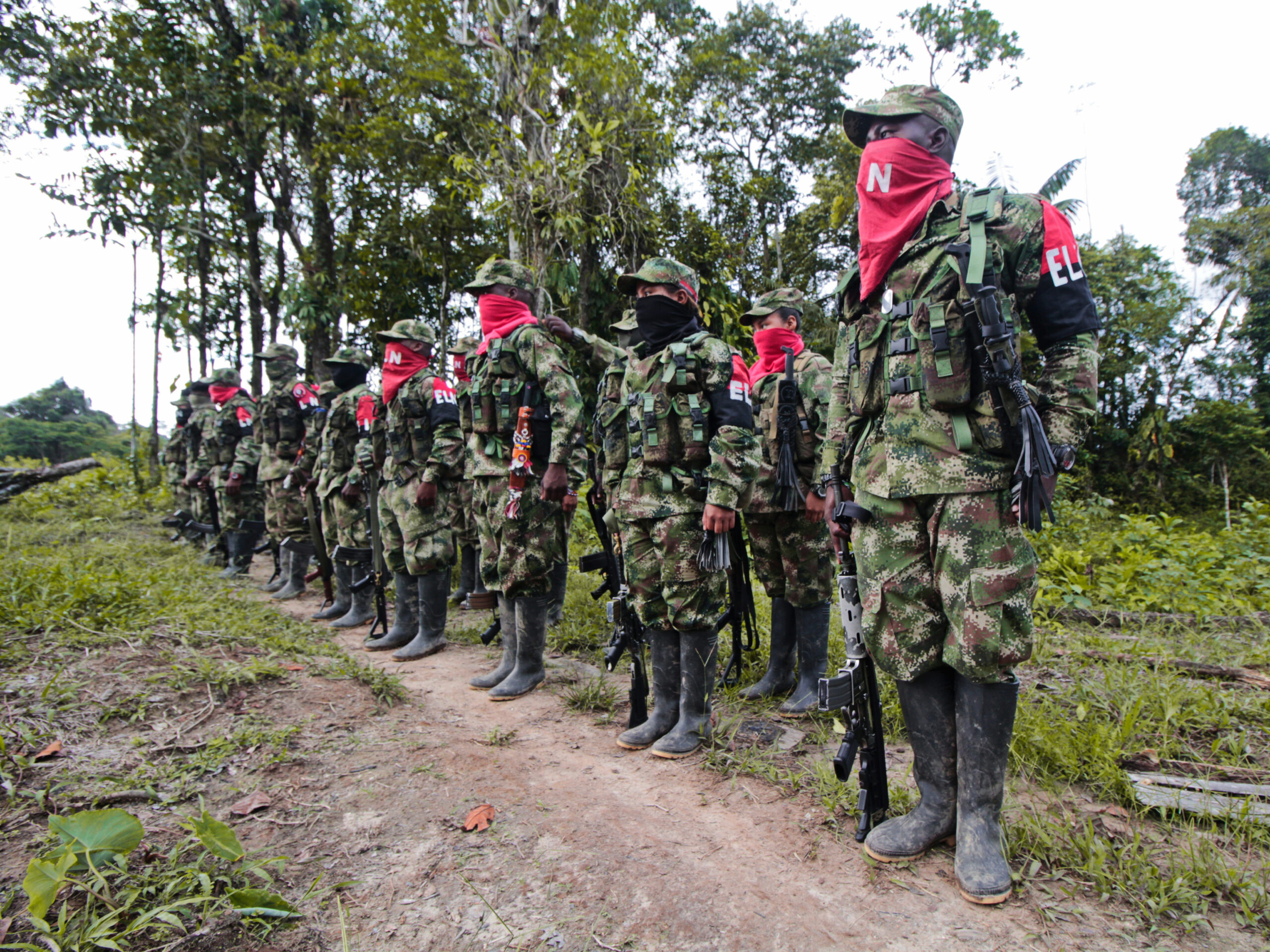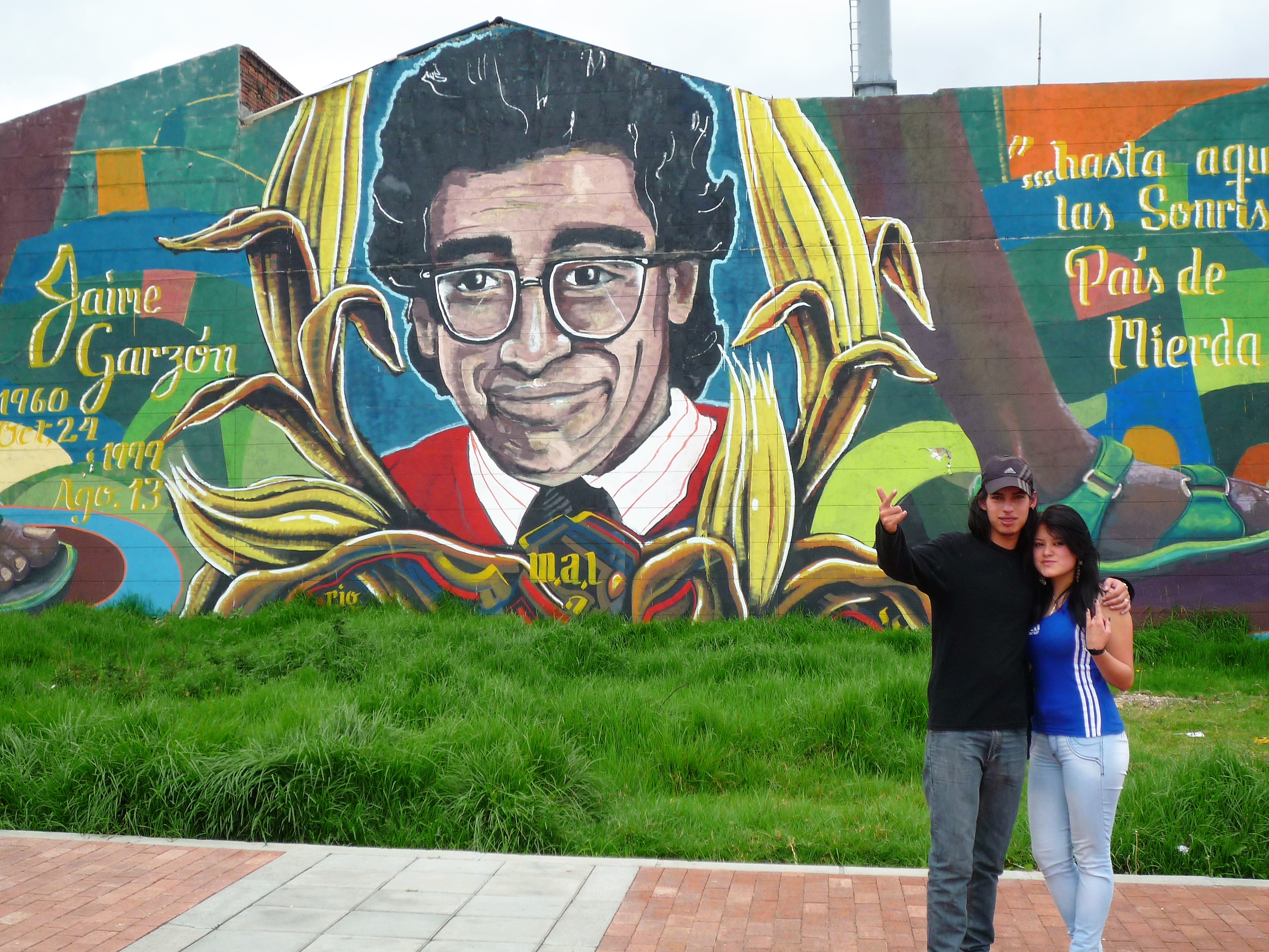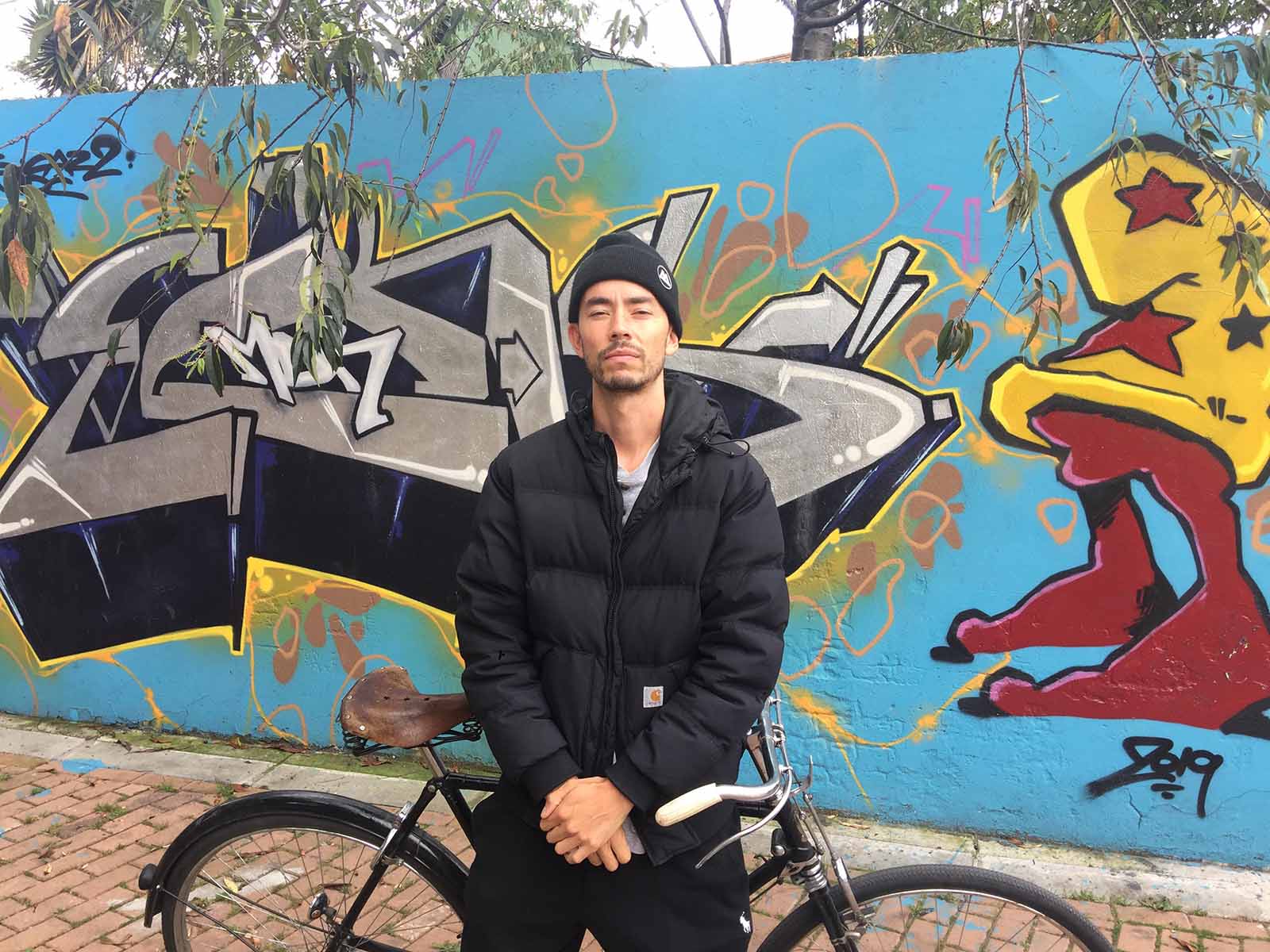
Natalia Springer, expert analyst or scam artist?
Mike Mackenna explains how “expert” analyst and alleged world-class scam artist Natalia Springer was able to make millions of dollars turning in poorly regarded investigative work to the Colombian government on topics ranging from the armed conflict to housing to disaster management
The story of Natalia Springer has been a constant in the news cycle since August 2015, and for good reason. The Springer scandal is a microcosm of the larger problems of foreigner worship, fraud, and corruption in Colombian society; and also is perhaps being used as a proxy war between the followers of Colombia’s most vicious political rivals: President Juan Manuel Santos and Senator Álvaro Uribe.
Foreign leanings
First, the foreigner worship. Natalia Springer von Schwarzenberg might sound like a character from The Sound of Music, but she is Colombian. She was born Natalia Marlene Lizarazo García, but she changed her last names to Springer von Schwarzenberg in 1999, though she only registered the “Springer” portion of her adopted last names with the Colombian government.
She claimed in an interview with radio station La FM that she made the change to comply with Austrian law, after she married an Austrian professor, and that she formalised the name change at a notary in Bogotá. The website of the Austrian foreign ministry confirms that law, but of course the Austrian government cannot compel a Colombian citizen to legalise the name change at a Colombian notary.
There’s also the fact that Springer’s now ex-husband, Alexander Paul Springer Krenmayr, does not have that last name. She herself said that she chose “von Schwarzenberg” as a second last name, though she refuses to explain why.
When asked why she did not change her name back to Lizarazo García after her divorce, Springer said that Colombian law did not allow her to change her last name two times – a claim that is contradicted by the president of a Colombian notary association, Álvaro Rojas Charry.
Even if Springer does not wish to fully explain her name choices, it’s not difficult to speculate on them. Despite living in a Spanish-speaking country, there’s no shortage of Colombians who drink at The Bogotá Beer Company and The Irish Pub; and eat at Crepes and Waffles, while the truly wealthy spend their time at social clubs with names like The Gun Club, The Jockey Club and Country Club. It’s fair to imagine Springer was counting on that love of all things foreign (from wealthy English-speaking nations) when she called her consulting firm Springer von Schwarzenberg Consulting Services.
Fraud
Now on to the fraud. According to investigator Ernesto Yamhure, Springer’s claim to be an expert in International Humanitarian Law stems from a 13-day course she took in Italy. In that same article, Yamhure, who met Springer when they appeared on a radio program together, said that Springer’s claims to descend from Austrian nobility don’t match with the fact that she wrote her doctoral thesis at the University of Vienna in English. “How is it possible that an Austrian with deep roots in her country’s nobility does not write in German?” Yamhure asked.

Attorney General Eduardo Montealegre has been a key figure in the scandal.
Springer defended her academic titles in the interview with La FM, going so far as to speak German to the surely baffled Colombian interviewers when one of them questioned why she wrote her thesis in English, and claiming that she studied with the queen of Sweden in one of her courses.
If Yamhure’s allegations of fraud are true, Springer would be the next in a long line of famous frauds in the upper-crust of Colombian society, joining impostors like serial killer Nepomuceno Matallana, who met many of his victims while posing as a prestigious lawyer in Bogotá in the 1930s and 40s; fake Indian ambassador Jaime Ortiz, who lived a luxurious life in Neiva posing as non-existent Indian diplomat Shri Lacshama Dharhamhhaj in the 1960s; and less audacious frauds like the parade of Colombian senators caught in plagiarism scandals.
Corruption
All that foreigner worship and alleged fraud paved the way for corruption. Springer billed the Colombian government about USD$2.4million over a period of four years for her “expert” research. Even after she turned in a report about the FARC which was so substandard that it was judged to “not comply with the conditions stipulated in the contract”, she received an additional contract for about another USD$1million to undertake more investigative work. She was doing all this investigative work at the same time as she was writing opinion columns for El Tiempo and doing analysis for La FM about the same topics she was investigating, calling into question her impartiality. Despite the persistent doubts about the legitimacy of her work, Attorney General Eduardo Montealegre recently gave her an award for her research.
Montealegre is a key figure in the Springer scandal, not just because of the contracts and award his office gave her, but also because of his numerous investigations into Senator Uribe and his political allies. For Vice Attorney General Jorge Perdomo, those who try to discredit Springer, are driven by a fear of what she might uncover: “There are many people like Yamhure… who are scared of the new investigative model that Springer helped create that seeks to bring to justice those truly responsible for the worst crimes,” Perdomo told online news outlet Las 2 Orillas.
Is it possible that the Springer scandal is just a smokescreen created by Uribista media to distract from the power of her investigative work? Almost certainly not. Her work has been discredited by sources within the government, not just by Yamhure. But it is possible that Uribistas are particularly enthusiastic about investigating Springer in order to damage Montealegre and his investigations of them, though I would argue that Montealegre has proved perfectly capable of discrediting himself without any outside help. Sadly, as with most of these Uribista-Santista wars of words, the more you learn about it, the more uncomfortable you feel supporting either side.





